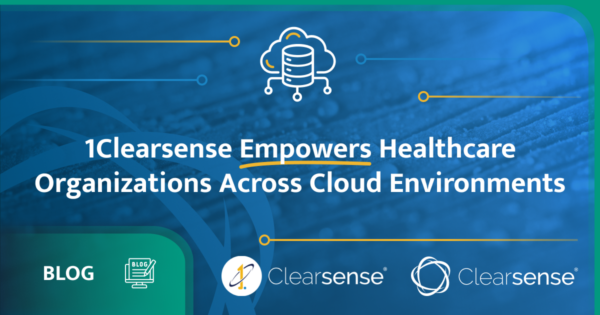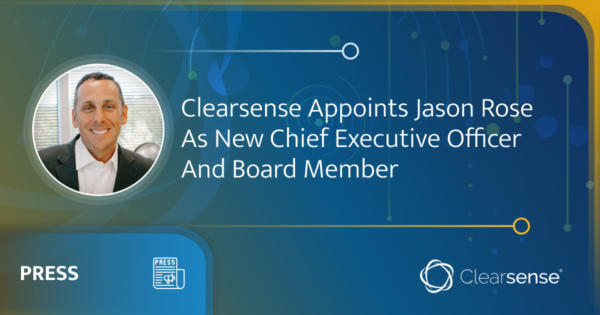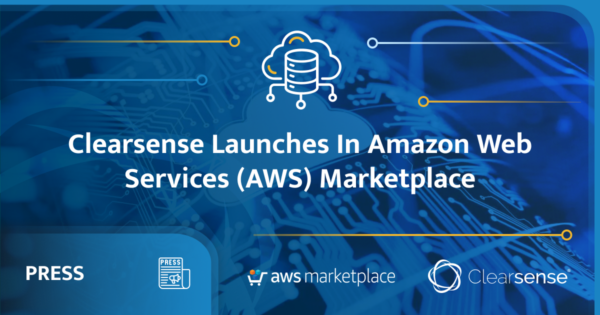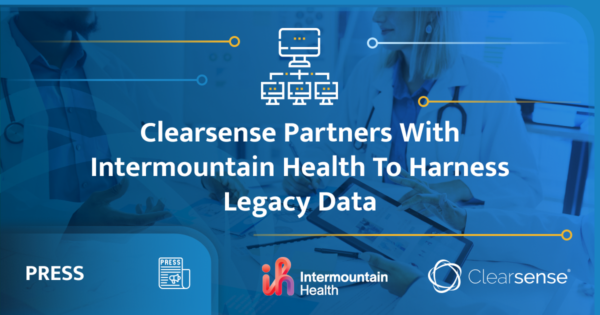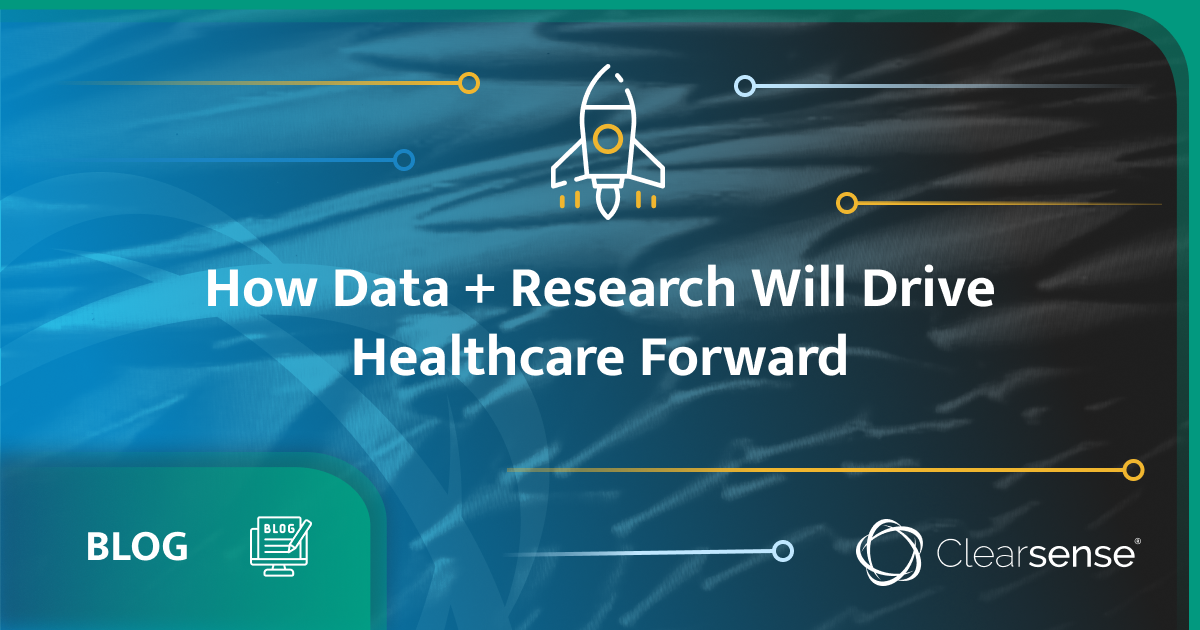
The healthcare industry has made significant strides in advancing the practice of medicine over the years, and with advancements in clinical data analytics, practitioners, payors, and payviders now have the tools to revolutionize the way healthcare research is conducted. By harnessing the power of clinical data and analytics, healthcare organizations and individuals can accelerate research and transform observed care trends into population care standards. Here’s how…

The Impact of Clinical Data and Analytics
- A study by the Deloitte Center for Health Solutions found that organizations that use clinical data analytics are 3.2 times more likely to achieve clinical outcomes that are better than their peers.
- According to a report by IBM Watson Health, clinical data analytics can reduce the length of hospital stays by 7.9%, resulting in significant cost savings for healthcare providers.
- A study by the University of Utah Health found that the use of clinical data analytics reduced sepsis mortality rates by 20%.
- A study by Health Affairs found that the use of clinical data analytics reduced hospital readmission rates by 50%.
- According to a report by McKinsey & Company, healthcare providers that use clinical data analytics to support care decisions and population health management can reduce the cost of care by up to 5%.
Recommended Content
Clinical Data and Analytics
Clinical data analytics refers to the process of collecting, managing, and analyzing patient data to extract insights and drive informed decision-making. Healthcare providers, payors, and payviders can leverage clinical data analytics to identify patterns and trends in patient data, identify high-risk patients, and develop more effective treatment plans.
>> In 2023, interoperability will be a key success factor for healthcare organizations because it enables seamless and secure communication between different healthcare systems and providers, resulting in better patient outcomes, improved efficiencies, and reduced costs. Learn more…
Accelerating Research in Healthcare
Traditionally, healthcare research has been a time-consuming and costly process. With clinical data analytics, healthcare providers can accelerate research by accessing real-time data and analytics tools, enabling them to make faster decisions and respond more quickly to changes in patient care.
>> Wanting to create better outcomes from research initiatives with limited access to data, our client needed robust data-gathering for better decision-making. See how they achieved a 94% reduction in request-to-ingest.
Transforming Observed Care Trends into Population Care Standards
By harnessing the power of clinical data and analytics, healthcare providers, payors, and payviders can transform observed care trends into population care standards. Clinical data analytics enables healthcare providers to identify patterns and trends in patient data, which can then be used to develop evidence-based practices and population care standards.
>> With a commitment to scientific discovery and a drive to innovate the diagnosis, treatment, and prevention of specific diseases, one health organization wanted to find a solution that would accelerate its research process and transform the way employees, medical residents, and its University partner explored, analyzed and created patient cohorts without manual searching. Clearsense’s Population Health application led the way.
The healthcare industry has much to gain by leveraging the power of clinical data and analytics to transform observed care trends into population care standards. By accelerating research and making evidence-based practices more widely available, healthcare providers can significantly improve patient outcomes while reducing the cost of care. As such, it is essential for healthcare payors, payviders, and providers to work with experienced data management and analytics partners, like Clearsense, to develop and implement effective data-driven strategies.


